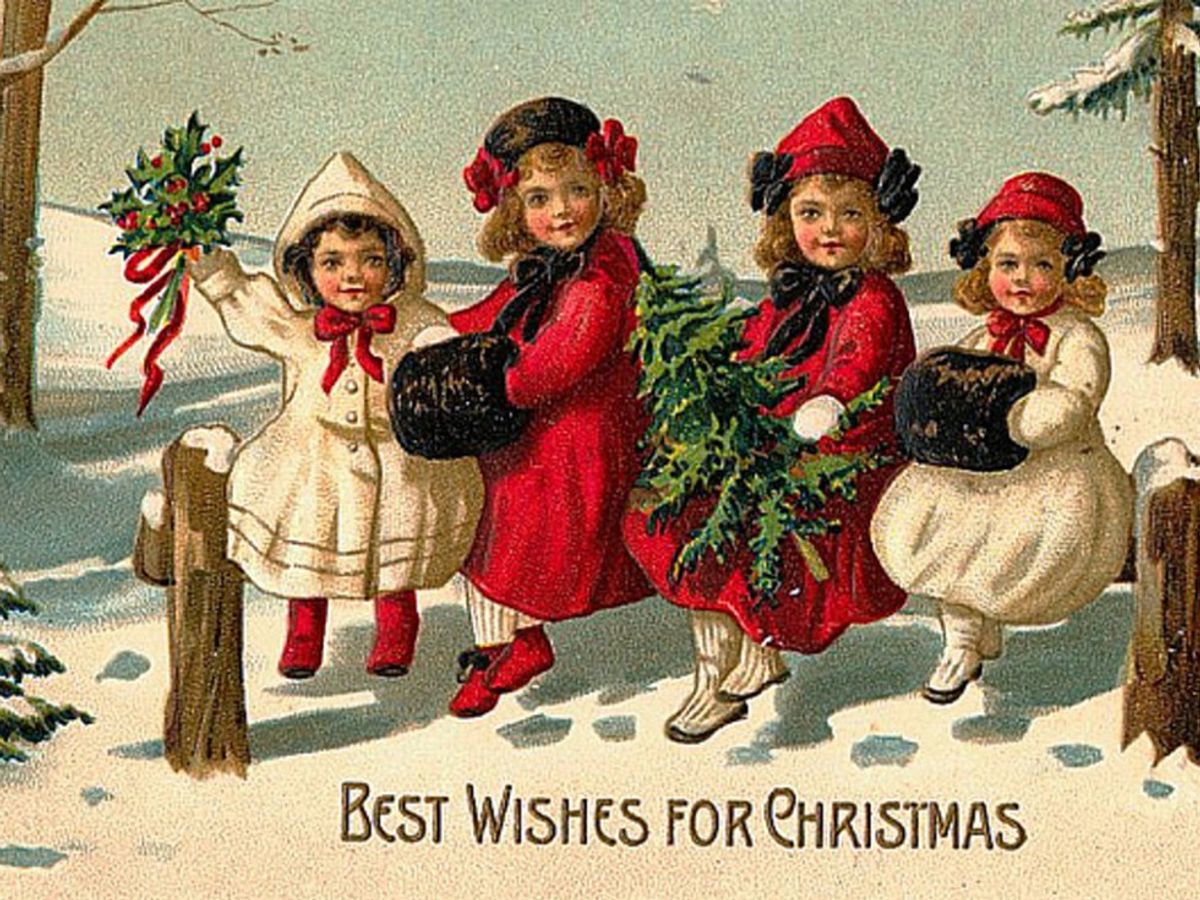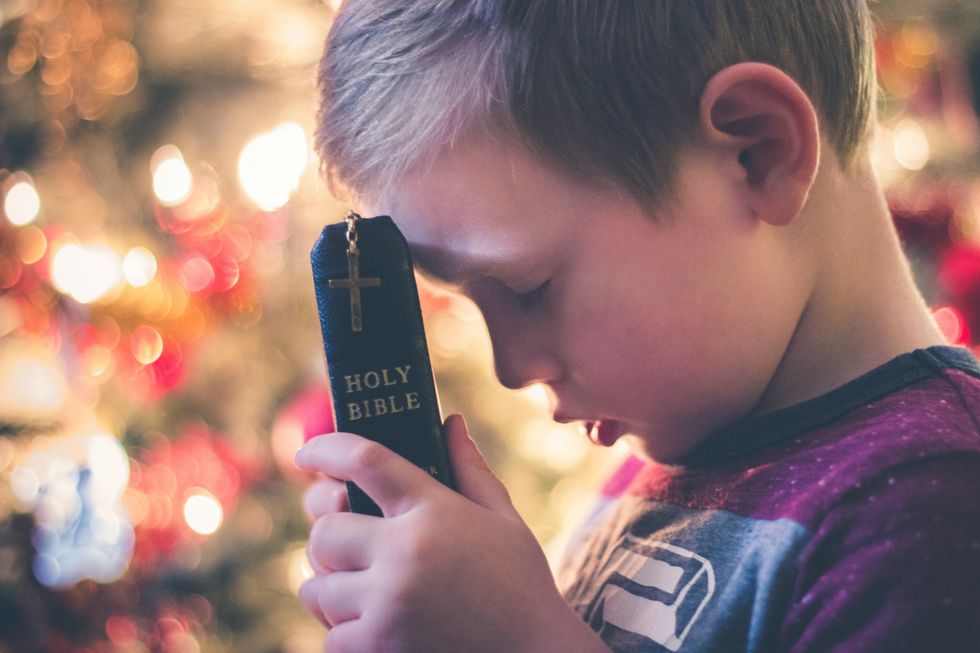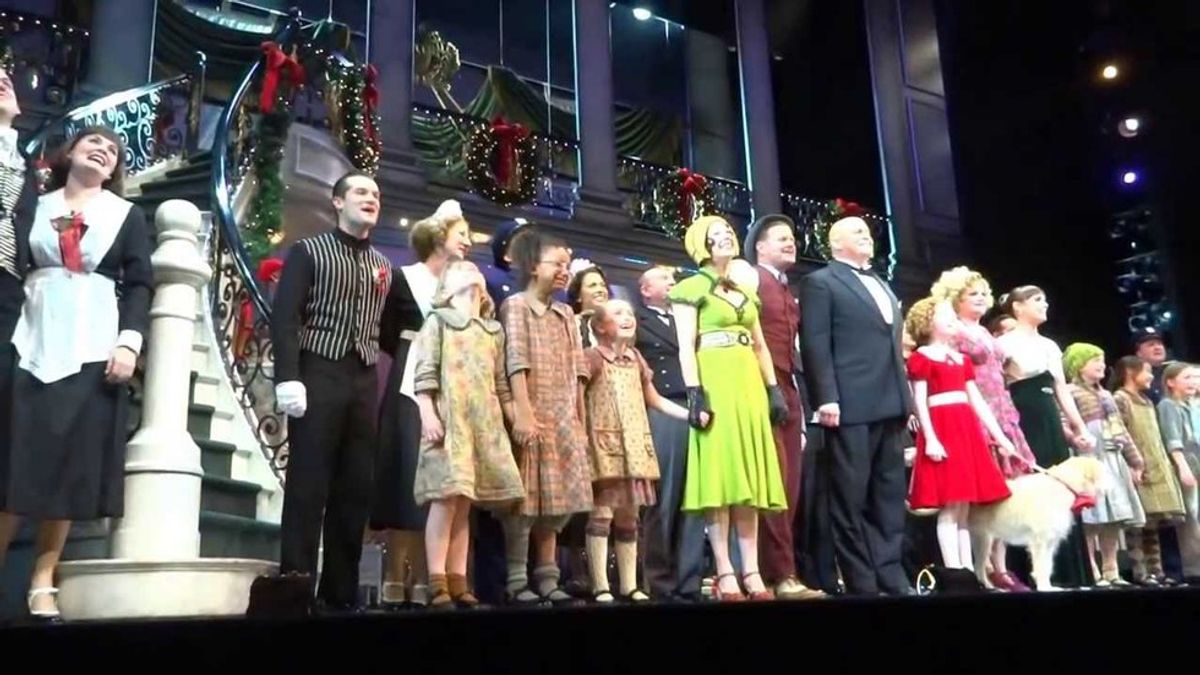Summer is a great time for a great number of things, most especially, discovering new books to read. With the freedom to read books based on your interests and not the topics of your classes, you have the chance to find a passion you didn’t know you had, travel to a distant land without ever leaving your backyard, learn something about yourself or just relax. While there are millions of choices, there are five books college students must read this summer. To appeal to everyone, they include a mix of fiction, nonfiction, essays, pseudo-autobiographies and reflections. If you want to start with something short, read them in the opposite order.
1. "The Poisonwood Bible" by Barbara Kingsolver
Though Kingsolver is generally regarded as a writer for women in their early 30’s, this novel reaches out to people of all ages. She creates characters, settings and situations that entrance the reader and encourage him or her to become a part of the story. Through the eyes of each family member, she recounts the time that they spent preaching Christianity to the native populations and forces the reader to relive them with the characters. At nearly 550 pages, this book is a commitment, but well-worth the time. College students can learn about the dangers of assumption, the necessity of education and the true meaning of service.2. "I Know Why The Caged Bird Sings" by Maya Angelou
This novel may not be housed in the classic literature section with Shakespeare and Dickinson, but Maya Angelou’s novel defined a generation and gave a voice to a silent party. For many of the same reasons that such books as “The Diary of Anne Frank” and “Catch-22” are left out of the high school curriculum, “I Know Why the Caged Bird Sings” has been cut from classes everywhere. But aside from its all-too-honest stories of being a young black woman in 1950s Arkansas, Angelou addresses issues including sex, drugs and homosexuality. Maya grows into herself in this coming of age novel in a way that college students especially can understand.
3. "On the Duty of Civil Disobedience" by Henry David Thoreau
Millennials today represent what some consider the least politically active group of young people in recent history. In the 1920s, female suffrage movements were led by young women. In the 1960s, college students became the face of the civil rights movement. In the 1980s, 20-somethings fought for the freedom to love. Today, while many have taken action for what they believe in, passion for instigating change is waning, as the societal problems are worsening. Thoreau explains his take on government and does not leave his disdain for it to the imagination. His goal was not to start riots, nor to suggest anarchy, but rather to suggest that everyone should use their voice and use it wisely. For another opinion, consider reading ‘Uncivil Obedience’ by Eugene Volokh who explains the opposite side of this phenomenon.
4. "On Writing" by Stephen King
This is for anyone who is a sucker for every Stephen King novel, and who isn't? This memoir is worth a read. It still reads like a King thriller, but has a very different purpose: to reflect on his life and his trade. He relays advice to aspiring writers and tells his story in five sections. Even if writing isn’t your passion, the section “Toolbox” may reteach you grammar in a way you’ll remember.
5. "We Should All Be Feminists" by Chiamanda Ngozi Adichie
This 62-page mini-book was based on the TEDtalk that Adichie gave last year about what it means to want and work for equality. She tells the story of the first time she was called a feminist and how that moment has forever shaped her life, as well as instructs others to embrace the title. This short work can be read cover to cover in less than a day and should be. Whether or not you agree with the principles of feminism—which is simply equality of the sexes, in case you didn’t know—the book is filled with life lessons and embarrassing anecdotes that all college students can appreciate.












 Christmas and New Year gift card
Photo by
Christmas and New Year gift card
Photo by  butter cookies on plate
Photo by
butter cookies on plate
Photo by  boy holding Holy
boy holding Holy 









